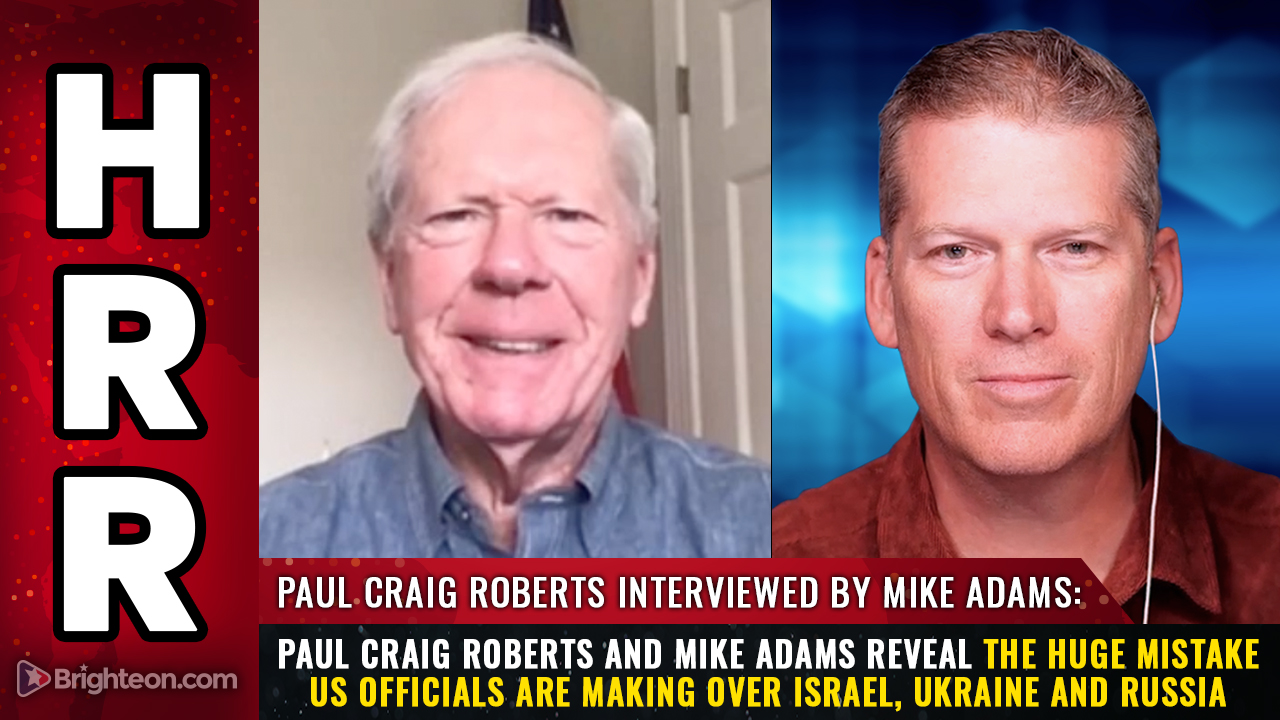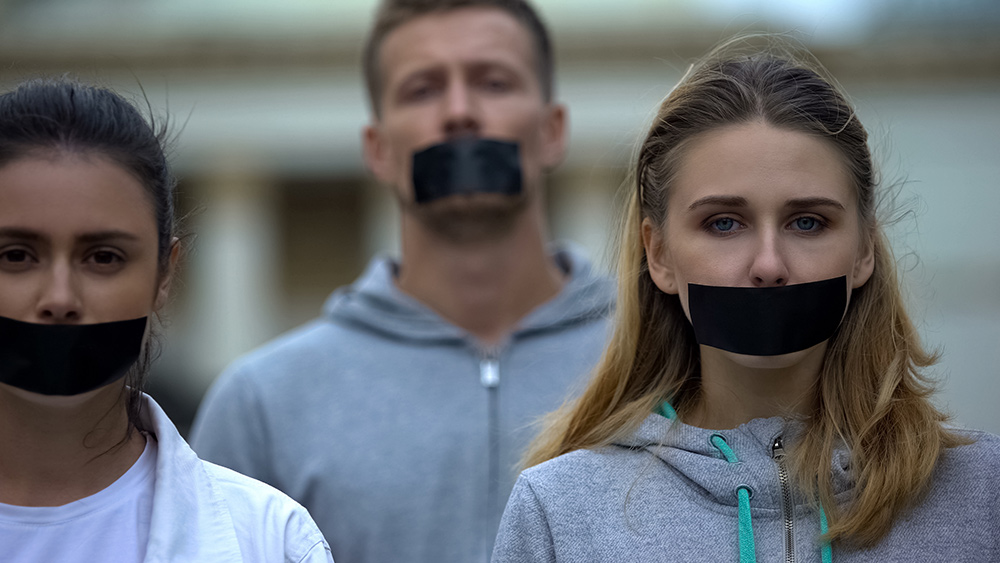Australia to CRIMINALIZE free speech and JAIL those who dare exercise it
11/13/2023 / By Ethan Huff

A newly proposed law in Australia would make it a crime to say “unapproved” things online, effectively eliminating internet free speech.
The so-called “Communications Legislation Amendment (Combating Misinformation and Disinformation) Bill 2023,” the legislation creates a new framework for the broad-scale censorship of “misinformation” and “disinformation,” at least as the Aussie government defines such things.
The law is so broad and vague in its far-reaching directives that online “harm” could include just about anything the government decides one day is “untrue” or “dangerous.”
Section 2 of the proposed legislation, which provides a bedrock for the full empowerment of the Australian Communications and Media Authority (ACMA) to directly interfere with “harmful” online free speech, defines “harm” as:
1) Hatred against a group in Australian society based on their ethnicity, nationality, race, gender, sexual orientation, age, religion, or physical or mental disability
2) Any disruption to the public order or society in Australia
3) Anything that damages the integrity of Australian democratic processes or of the commonwealth, territory, or local government institutions
4) Anything that harms the health of Australians
5) Anything that harms the Australian environment
6) Anything that causes economic or financial harm to Australians, the Australian economy or a sector of the Australian economy
(Related: The Australian government heavily censored Aussies during COVID, prohibiting them from talking about the dangers of masks and the dangers of the “vaccines.”)
Australia is no longer free
As you can see, the concept of “harm” based on the language in this bill can include just about anything. The average Aussie will have no concept about what these definitions even mean since they are wildly subjective in their scope.
“The concept of ‘harm’ peddled by the bill is illusory, and its content would be subjectively determined by a powerful government agency,” is how one media outlet describes the bill’s implications. “The definition of what is and what isn’t harm is malleable and can expand and contract depending on ACMA’s prevailing views.”
“Ultimately, any type of speech with which the government is uncomfortable could be deemed ‘harmful.’ For example, describing ‘disrupting social order’ as serious harm could be interpreted to stop the organization of legitimate political protests. This could certainly be used to suppress legitimate political speech that should be part of a functioning democracy.”
What is worse, the bill allows the ACMA to basically order any Aussie it wishes to appear at a time and place of the government’s choosing to answer any and all questions in an inquisition about “misinformation” or “disinformation” that may have been spread.
“These powers include infringement notices, remedial directions, injunctions and civil penalties, including fines of up to AU$550,000 ($358,000) for individuals and AU$2.75 million ($1.75 million) for corporations. Criminal penalties, including imprisonment, may also apply in cases of alleged ‘extreme harm.'”
What this means is that journalism is about to be dead in Australia, as is defending human rights and thinking freely without the government making all your decisions for you.
On the matter of human rights in particular, international human rights experts actually warn against this kind of legislation, or any other that contains “general prohibitions on the dissemination of information based on vague and ambitious ideas, including ‘false news’ or ‘non-objective information,’ are incompatible with international standards for restrictions on freedom of expression … and should be abolished.”
Disturbingly, the Australian government is completely exempt from the proposed legislation – because government’s never spread misinformation or disinformation, we are told.
“It is certainly ironic that views incompatible with the government’s preferred narrative could be deemed to ‘harm’ the integrity of Australia’s democracy since it would disallow speech and expressive conduct that is integral to the maintenance of democratic processes,” says RT‘s Augusto Zimmermann.
More related news can be found at Censorship.news.
Sources for this article include:
Submit a correction >>
Tagged Under:
Australia, Censorship, Combating Misinformation and Disinformation Bill 2023, Communications Legislation Amendment, disinformation, First Amendment, free speech, freedom, freedom of speech, Liberty, misinformation, speech police, thought police
This article may contain statements that reflect the opinion of the author
RECENT NEWS & ARTICLES
COPYRIGHT © 2017 FIRSTAMENDMENT.NEWS
All content posted on this site is protected under Free Speech. FirstAmendment.news is not responsible for content written by contributing authors. The information on this site is provided for educational and entertainment purposes only. It is not intended as a substitute for professional advice of any kind. FirstAmendment.news assumes no responsibility for the use or misuse of this material. All trademarks, registered trademarks and service marks mentioned on this site are the property of their respective owners.



















